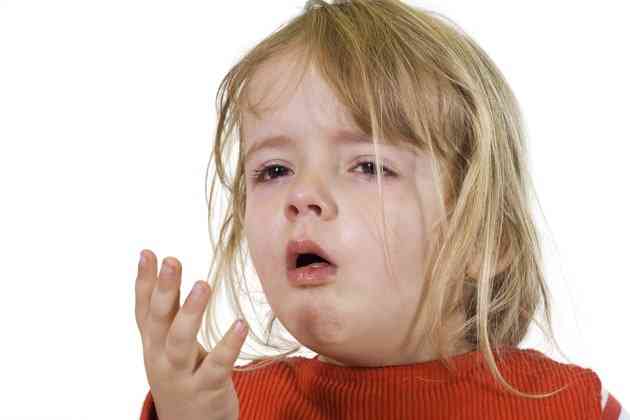Connection Between Low Blood Pressure and Vitamin B Deficiency

Folate and B-12 are members of the B vitamin family, and they help your body produce red blood cells. If you don't get enough folate or vitamin B-12, you may become anemic and your blood pressure may drop to below-normal levels. You can treat deficiencies with changes in your diet or vitamin B supplements.
 Vitamin B deficiency can contribute to low blood pressure. (Image: dolgachov/iStock/Getty Images)
Vitamin B deficiency can contribute to low blood pressure. (Image: dolgachov/iStock/Getty Images)Low Blood Pressure
Low blood pressure, or hypotension, doesn't necessarily require treatment, including B vitamins. If you experience problems such as dizziness or fainting, you should ask your doctor about ways to treat low pressure. In addition to vitamin B deficiency, common causes of low blood pressure include pregnancy, underactive thyroid, dehydration, blood loss, low blood sugar, and Addison's disease, an adrenal gland disorder. Generally, your blood pressure is considered low if the top number, or systolic blood pressure, falls below 90, or the bottom number, or diastolic blood pressure, falls below 60. Normal blood pressure measures 120/80.
Folate
You can obtain folate in your diet from foods such as green vegetables, fruits, beans, nuts and liver. If you eat overcooked food or don't absorb folic acid because of conditions such as alcoholism or celiac disease, you may develop folate deficiency and low blood pressure. Some medications may also cause folate deficiency. Men and women over 50 need 400 micrograms of folate, preferably from dietary sources. Women of child-bearing age should take an additional 400 micrograms of folate daily through supplements or fortified foods such as breakfast cereals.
Vitamin B-12
Foods such as beef liver, poultry, eggs and milk provide vitamin B-12. Plant foods don't provide reliable sources of vitamin B-12, so vegans may be susceptible to B-12 deficiency and low blood pressure. Others at risk for B-12 deficiency include people who abuse alcohol, those older than 50, people with Crohn's disease or pernicious anemia, and stomach surgery patients. If you believe a vitamin B-12 deficiency might be responsible for your low blood pressure, your doctor can order a blood test and, if appropriate, recommend vitamin B-12 supplements.
Precautions
You can purchase B-12 and folate in stand-alone formulas or as part of B complex supplements. Use caution in taking vitamin B complex if you have low blood pressure. Some B vitamins, such as vitamin B-3, may lower your blood pressure further. If you take B vitamins that you don't need, you also expose yourself to side effects. Some are fairly minor -- nausea, rashes and vomiting -- but serious side effects of taking too much vitamin B include loss of vision, as well as liver, brain and nerve problems.




